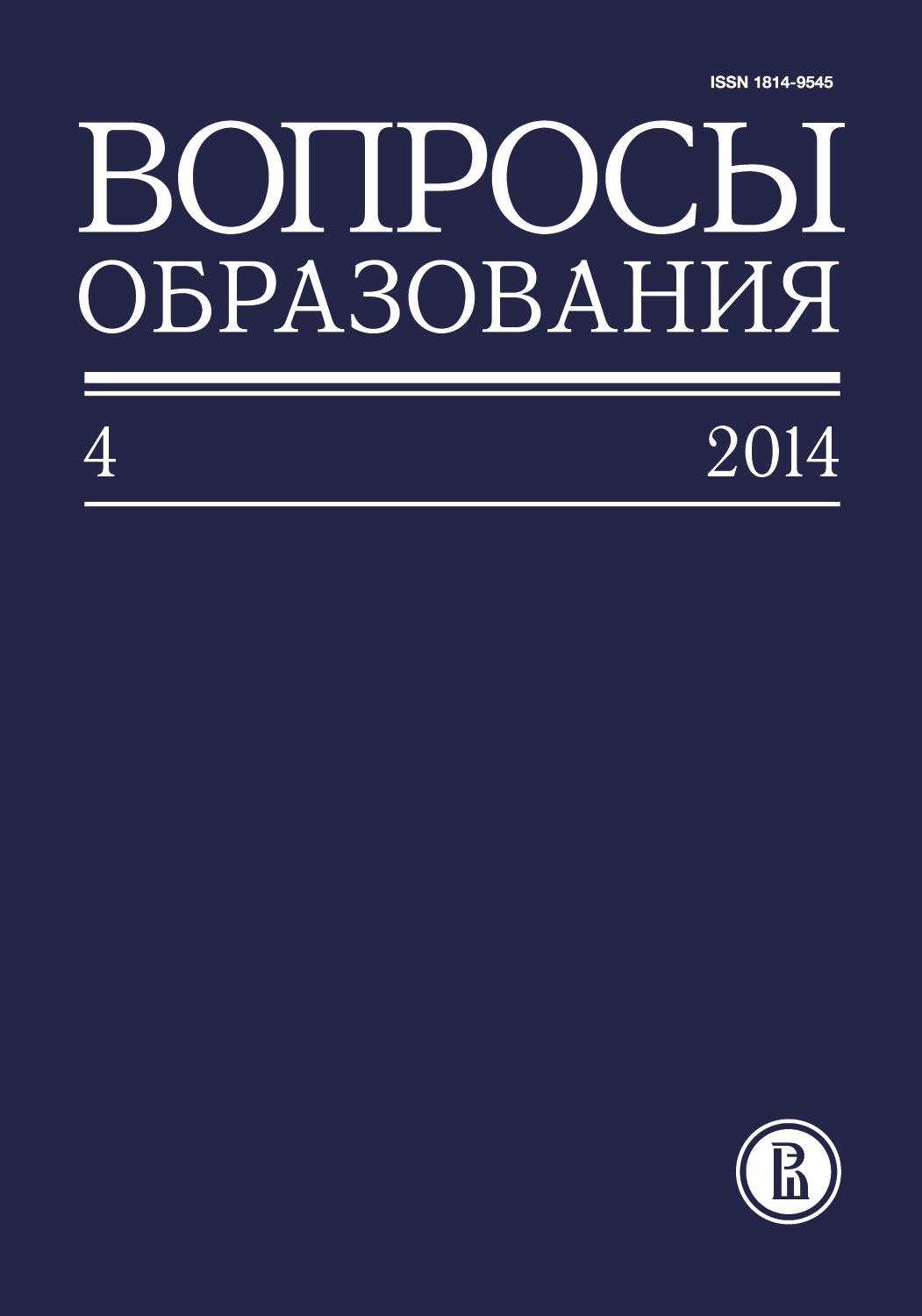Использование контекстных данных в системе оценки качества образования: опыт разработки и апробация инструментария
Аннотация
Представлен возможный подход к оценке результатов деятельности образовательных организаций, позволяющий учесть их социальную специфику. В его разработке авторы руководствовались: 1) результатами многочисленных исследований, подтверждающих обусловленность образовательных результатов контекстными факторами (как в России, так и за рубежом); 2) зарубежным опытом в решении аналогичных задач; 3) соображениями доступности минимально необходимой информации для осуществления подобных оценок в современных российских реалиях. Идея, положенная в основу предлагаемого инструмента оценки, состоит в том, что при наличии необходимых данных можно эмпирически выявить устойчивые соотношения между учебными достижениями учащихся и контекстными показателями (например, различными характеристиками социального состава учащихся). В исследовательской практике поиск этих соотношений осуществляется средствами множественного регрессионного анализа. Результаты данного анализа — установленные эмпирические соотношения — затем могут быть использованы для «дисконтирования» формальных достижений, т. е. формулирования обоснованных повышенных ожиданий для организаций, работающих в благоприятных контекстах, и более скромных ожиданий для организаций, функционирующих в более сложных условиях. Обсуждаются два варианта использования этой информации: на основе формулы или на основе специального индекса (индекс социального благополучия школы), разработанного авторами. Рассматриваются ограничения в использовании предлагаемых инструментов. Раскрываются перспективы учета контекстных показателей в системе оценки качества образования в России.








